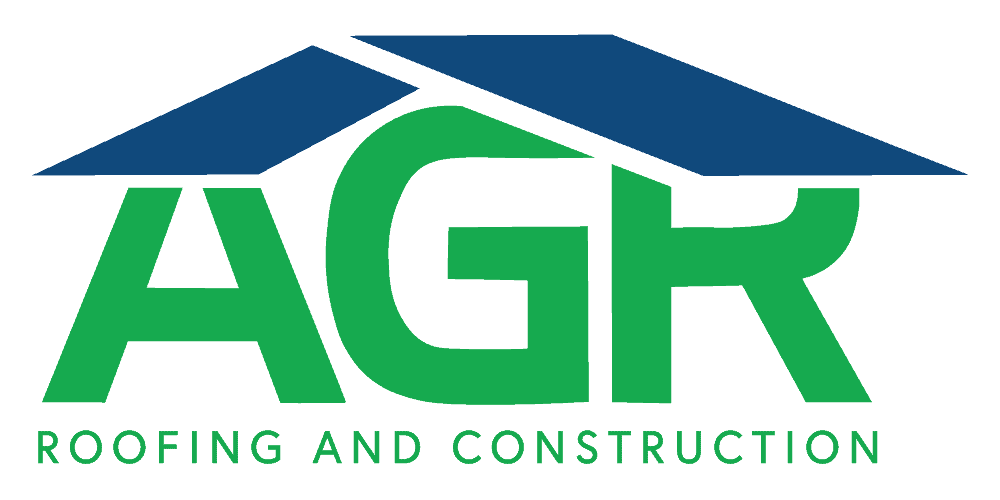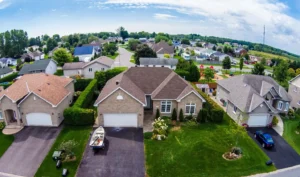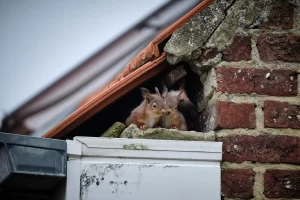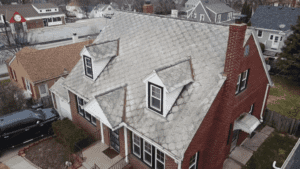Are you in the market for a home? This is likely one of the biggest investments you’ll make and preserving it requires upkeep, maintenance, and quite a bit of initial due diligence.
Roofs don’t last forever. A roofing replacement is the biggest renovation project most homeowners have to do. And if you aren’t covered by a warranty, any roofing work can turn into a significant out-of-pocket expense.
Before you consider making an offer, find out if you will have to repair or replace the roofing system. You should always have an expert do a complete inspection. But it’s helpful to ask the homeowner some direct questions and keep your eyes peeled for red flags.
Here are ten things you need to find out.
How old is the roof or when was it last replaced?
The first thing to find out is how old the entire roofing system is. This gives you a basic idea of how much longer it should last and if there may be age-related problems.
Roofing systems are made to last a “lifetime” – which can be anywhere from 15 to 50 years and can usually only be transferred to one other owner.
A roof that’s 10 years old and is still owned by the person who purchased it, can be considered far less risky than a 20-year-old structure or even a 7-year-old structure that’s had several homeowners.
What material is the roof?
This is more fundamental information for you to have. Materials have different lifespans, warranties, and performance levels.
Asphalt is the most common, but it’s always good to verify.
Once you know the material, check out what weather it performs best in, the typical lifetime, and its standard service requirements.
Who installed the roof?
Find out who did the initial roofing installation. This is basic information to have for warranty purposes and general reference.
If the installation is still under warranty, you will need to contact the roofers to have the warranty transferred over to you. And if not, you still need to know who to refer to if anything comes up.
If it was installed by a reputable roofing company, you might want to stick with the same roofers if you decide to purchase the home.
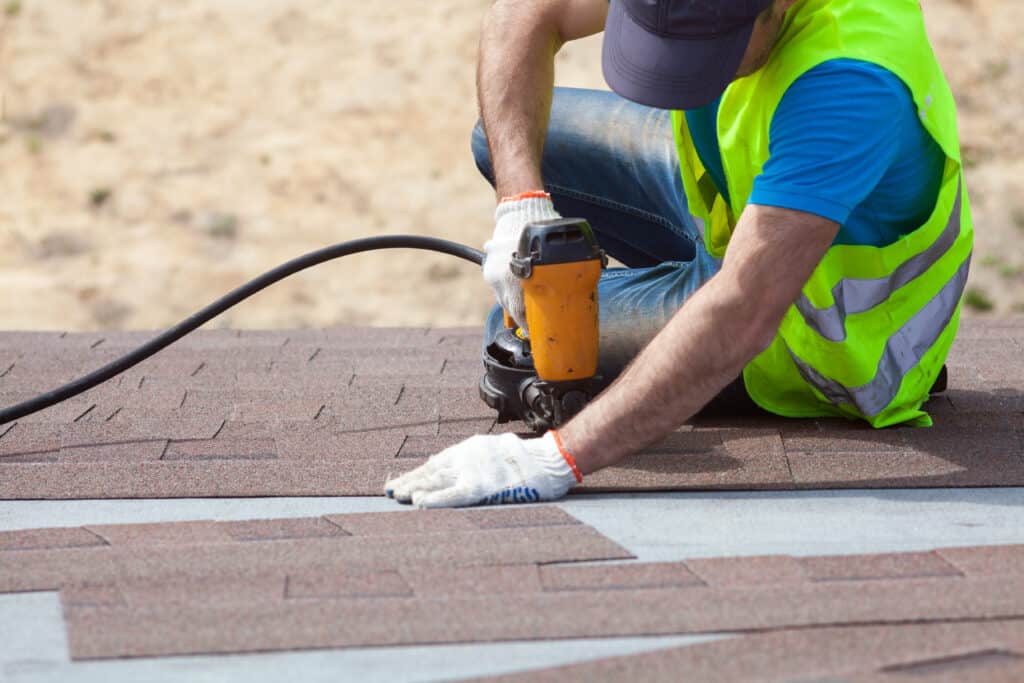
When is the last time it was worked on and by whom?
Find out what roofing company has been working on the roof, then check them out. That will tell you plenty.
- Did the homeowners use cheap or under-the-table work crews?
- Does that company have a poor reputation?
- Or do the current homeowners value and invest in quality work?
- Was there a major issue that forced maintenance or was it routine upkeep?
Keep these details in mind while evaluating the rest of the home. An owner who is willing to skimp out on their roof is likely to take shortcuts elsewhere.
Is the roof under warranty?
There are two parts to a roofing warranty:
- the installation work – this is from the company who installed the roof
- and the roofing material itself – this is from the company who manufactured the materials used to build the roof
Find out if both are under warranty and if they will still be under warranty when purchased by the next owner.
Trustworthy roofing companies provide warranties or guarantees on their work. This ensures that the craftsmanship they’ve done will last.
And roofing materials come with a standard manufacturer’s warranty. However, this warranty is usually only valid under a few conditions. These can include:
- regular inspections at specific intervals
- only being worked on by approved roofers
- using accessories and other roofing components by the same manufacturer.
It’s fairly easy to invalidate a roofing warranty without realizing it. So, if you are serious about a house, make sure the owner has all their I’s dotted and T’s crossed.
When was the last time the roof was inspected?
The homeowner should provide you with precise inspection dates and let you know who made the inspection.
Roofs should be professionally inspected twice per year: spring and fall. This is ideal for catching damage early and upholding roofing warranties.
Many people are under the impression that once per year is good enough. So, a homeowner who has done yearly inspections isn’t necessarily a red flag.
There is the chance that a typically negligent owner who wants to sell, will bring in someone to take a perfunctory look.
So, you might want to ask about the last two or three times it was inspected. This will let you know what the regular inspection schedule was and alert you to any prior problems.
And always ask to see the inspection reports! If they have a few for you to look over, even better.

Are there attic issues?
Ask how the attic is. Roofing trouble eventually shows up in the attic and you can usually spot early signs of damage.
Things to look for include:
- pest infiltrations
- hot/cold spots
- leaking walls
- drafts
- damaged insulation
- drooping or falling ceiling
A home inspector will know what to look for. But it’s always good to ask and you can keep an eye out for these things yourself.
Have there been any leaks in the home or signs of water damage?
Leaks are always bad news and there’s no guarantee that the problem was fixed completely. If the roof needed a repair job, do some extra legwork to ensure it was done well.
Also, look into signs of water damage that weren’t taken care of.
- Mold
- Mildew
- Discolored ceilings
- Loose or drooping ceilings
Roofs don’t always leak buckets and buckets of water. Sometimes there’s only a slow drip that gets into the walls, ceiling, and hidden structure.
Water damage in the foundation or basement can also be caused by faulty gutters and roofing components. And this can point to other roofing issues.
Are there ventilation issues?
Poor ventilation leads to roofing problems like mildew, mold, and loose shingles. You never want excess moisture to collect within the structure. But that’s what will happen if the house is poorly ventilated.
Roofs can look okay while being on the way to needing major work. Especially if moisture is pooling underneath or between the shingles.
Check into the home’s main and kitchen ventilation. And look for signs that the kitchen ventilation simply wasn’t used regularly. This might include warped kitchen cabinets or peeling and flaking paint.
Are there cold spots or structural misalignment?
Drafts and cold spots throughout the home are often caused by roofing issues. It may be caused directly by the roof or indirectly by the effects of roofing damage on the rest of the structure.
Sometimes winter storms and high winds can damage roofs enough to cause the home’s windows or doors to misalign.
Any sticky windows, cracks in the wall, or unexplained cold spots might be from the roof.
Get a Thorough Roof Evaluation
If you are in the process of purchasing a home, the integrity of the roof should be your primary concern. This is a major part of the home’s structure and there can be major out-of-pocket expenses ahead if it hasn’t been appropriately maintained.
If you want a neutral third-party’s opinion on a potential home purchase, ask to have one of our roofing experts make an inspection.

